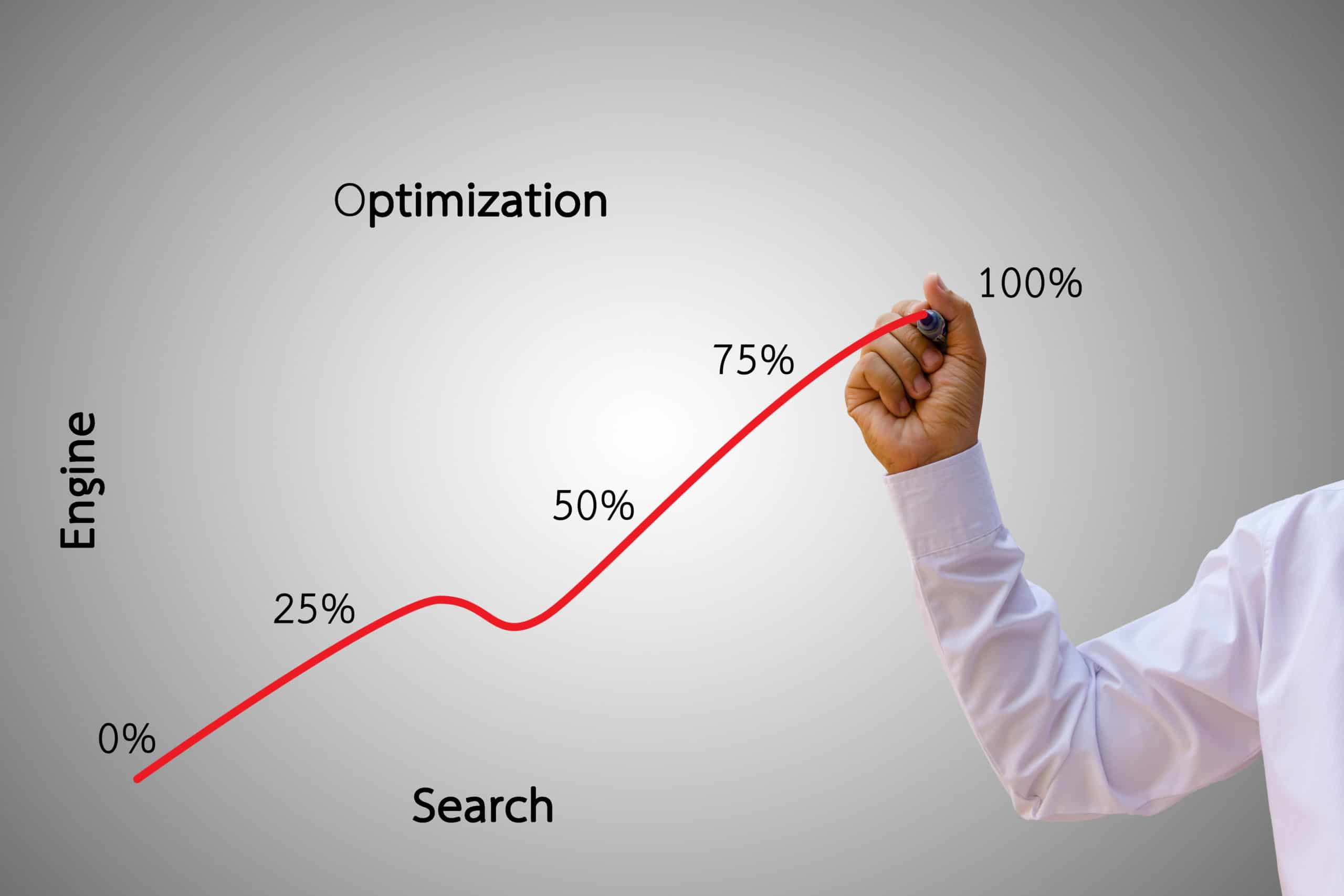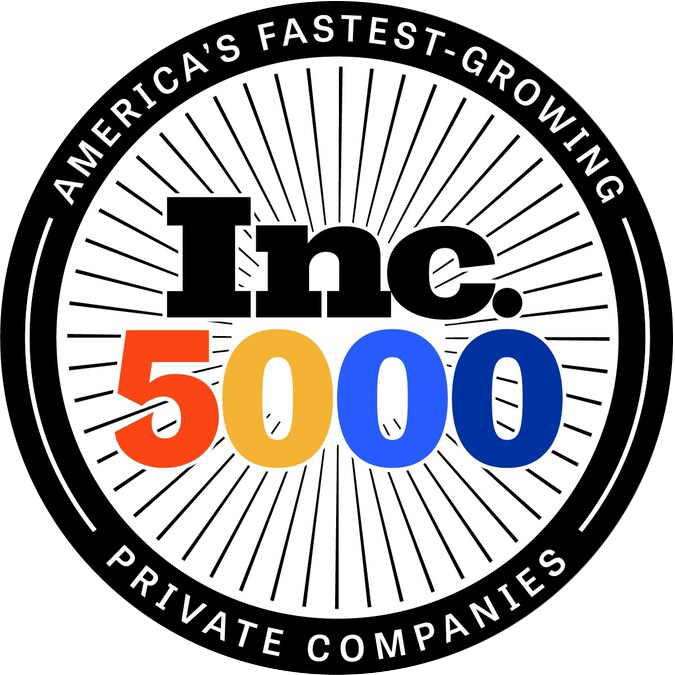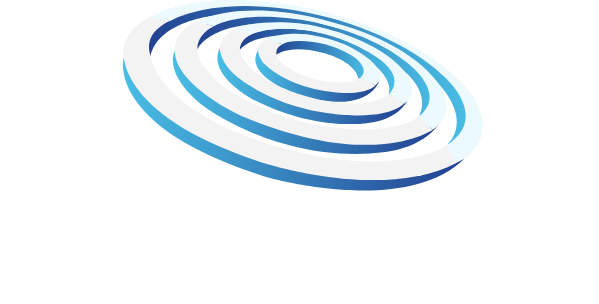Organic traffic is the primary channel that inbound marketing strives to increase. This traffic is defined as visitors coming from a search engine, such as Google or Bing. This does not include paid search ads, but that doesn’t mean organic traffic isn’t impacted by paid search or display advertising, either positively or negatively. In general, people trust search engines, and sayings such as “just Google it” reinforce that humans are tied to the search engine. Thus, paid search, display, or even offline campaigns can drive searches, which may increase organic traffic while those campaigns are running.
To sum up all of this information, even organic traffic, like direct traffic, has some gray areas. For the most part, though, organic traffic is driven by SEO. The better you rank for competitive keywords, the more organic traffic will result. Websites that consistently create content optimized for search will see a steady increase in organic search traffic and improved positioning in search results. As a marketer, it is important to look at your keywords and high-ranking pages to identify new SEO opportunities each month.
Traffic data is a great way to take the temperature of your website and marketing initiatives. When you are writing and promoting blog content on a regular basis, you can use traffic data to track results and correlate these efforts to actual ROI. Be sure to look at website traffic numbers over long-term intervals to see trends and report on improvement over time.
GET TO THE TOP!
If you have questions or concerns about your online presence give Stratedia a call at 860.415.0430 or visit us online at stratedia.com. We‘re ranked Best as the top seo company CT by Clutch.co! Let Stratedia help you, GET TO THE TOP!

